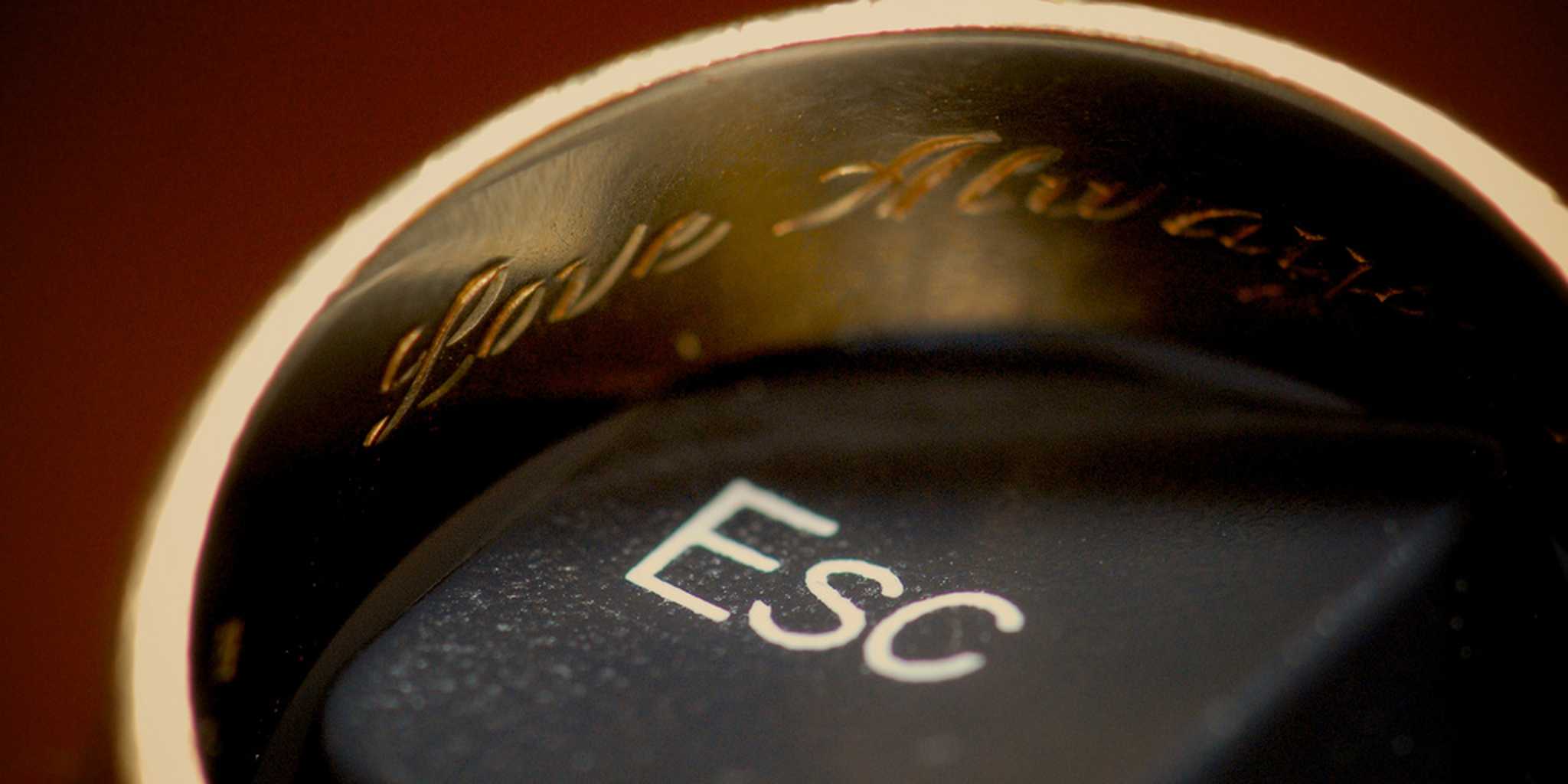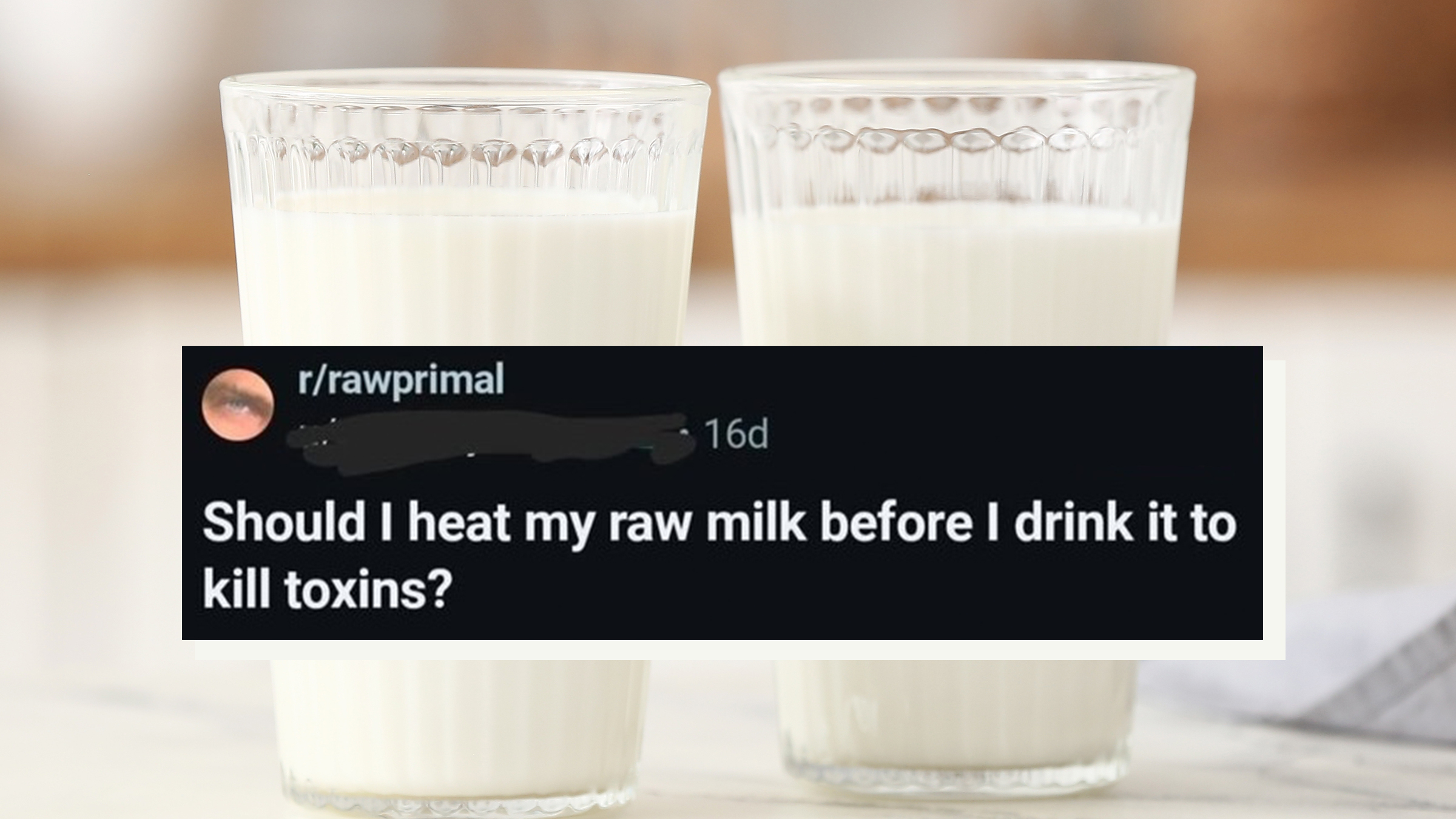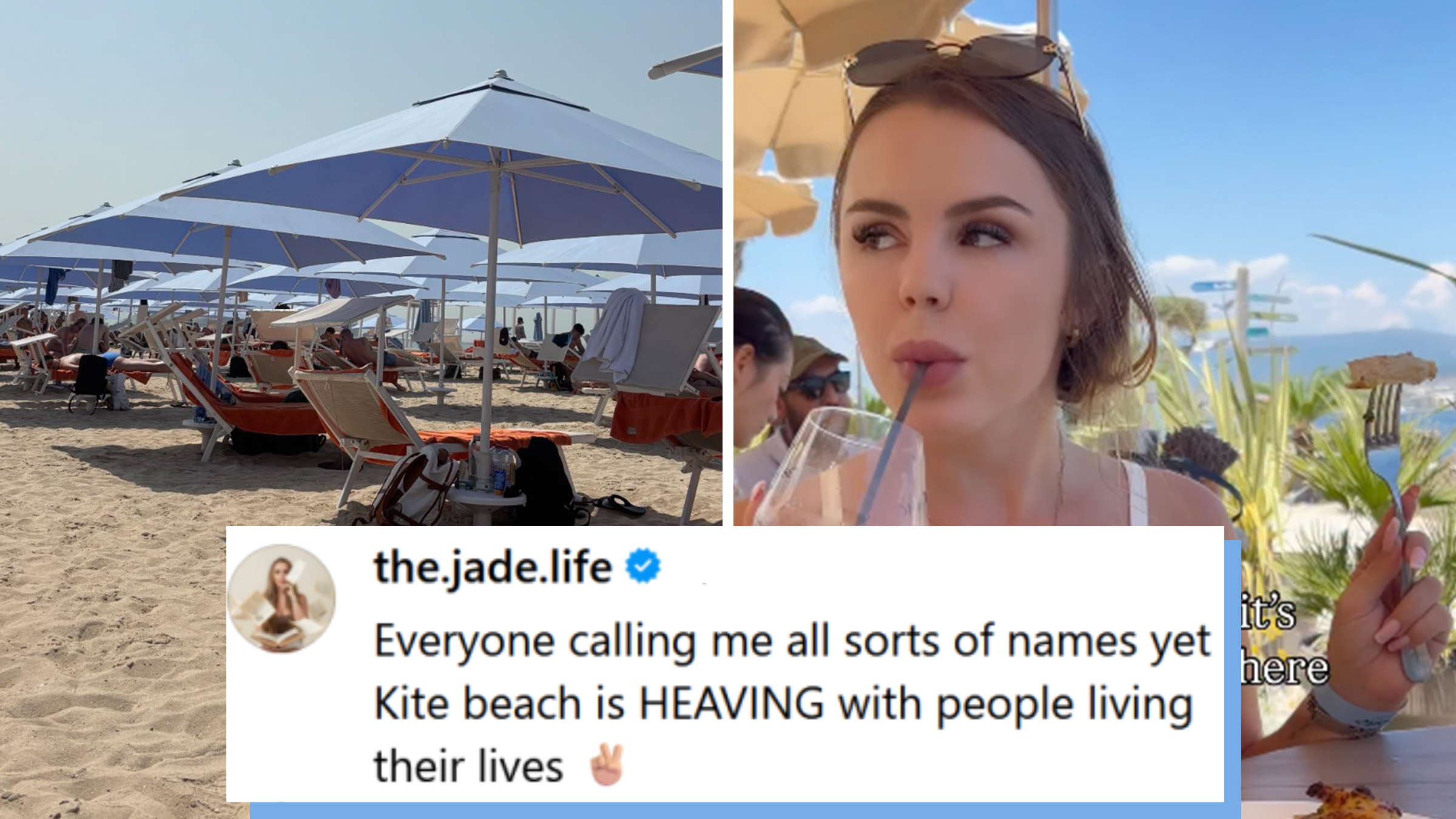In any marriage—wonderful or terrible—you become to varying degrees insular. Your time is partially (or completely) your partner's. The world becomes harder to interact with without them, physically and digitally. You're in every Facebook photo together, you probably have each other in your Twitter bio, your wedding announcement is out there on Google. We live in the age of mediated, recorded existence.
Everything you do involves them, on the Internet, in person, in memoriam. Unless of course you get divorced.
When I did, the Internet saved me, and at the same time, punished me.
When I officially got divorced, the insularity of my marriage had let stupid arguments separate me from my family and friends. My closest friends had always been digital, but even during marriage keeping contact with them had been tough. My life—in their eyes—had been reduced to me, my wife, and our dogs.
And that's the sadness of controlling what the rest of the world sees. When I got divorced, everyone except my closest friends remarked upon "how happy I looked," and "how surprising" our separation was. The cruelty of a breakup is partly that we can’t be entirely honest about it online; it'd be a tad crass to Vine her yelling at me or photograph me pouting in my office after a fight. There are many articles about “faking social media” and “the people who seem happiest online are the least happy.” The most notable one was based on a short film that created a man’s fake, happy life, juxtaposed with his own misery.
But I sort of identify with him. Why in the world would I want to share miserable moments with you? “Tonight we yelled at each other for no good reason. Going to bed upset. Feeling awful.” And if you saw those posts you’d call it oversharing.
Regardless of what I did and did not choose to share of my marriage online, the Internet is what helped me regain the connections I’d lost. Though Facetime is grainy, and my father's 4G connection from London unreliable, when I talked to my parents for the first time in nearly two years, having video meant they could feel more than just a phone call would have delivered. They could hear my voice crack. They saw me shaking. Consequence wasn’t hidden in wordplay.
When things really hurt, when grief strikes, when parts of your life end, there's a great deal that can't be said in words. When words failed me, they could see me—gaunt, near-tears, pained, emptied. They didn't need to know (though I said it) that I was sorry I had been gone for so long. Trite as it sounds, the Internet had delivered true emotion that messaging or a phone call could not.
My parents and I were able to thankfully mend a lot of the damage done. Our relationship had been strained for many reasons leading up to and involving the marriage and my own personal foibles. We oftentimes forget how useless email and text communication is at any of the nuance of emotion. They didn’t see pain because you can hide pain, or isolation, in-between words.
I was forced to ignore the Internet so that I wouldn't return to the 1999 version of myself, 100 pounds heavier and quite the Everquest player.
I’d mostly ignored the power of video before this point. I’d hated it. It was vulnerable, it showed me physically, something I’d never been particularly comfortable with. In this moment my parents could hear and see and feel every nuance of what I’d been hiding between curt emails. Shortly after my brother and his wife showed me their new baby, who I had not yet seen much of. I did my best to hold it together. I was just happy to know they hadn’t forgotten me.
And so I moved. Suddenly. The Internet was there to make that happen—for a price. I vaulted down the River Styx at speed, barely a person, doing everything simply because I had to, not because I was thinking "ah, yes, time to make good decisions." My best friend Phil (who, appropriately, I’d originally connected with online) encouraged me to move to San Francisco quickly, something I’d wanted for years. He and his friends, along with some of mine, forced me out of my deliberate shell of sitting in front of the laptop and working. I was forced to ignore the Internet, if only for a few days, so that I would not return to the 1999 version of myself, 100 pounds heavier and quite the Everquest player.
The Internet was almost callous in how fast it would move me 3,000 miles. With what money I had saved up, I was able to book a one-way flight to San Francisco on Hipmunk. I had already researched apartment thanks to Lovely. Amazon seemingly was my new mother—it brought food, other pieces of furniture, a coffee machine, Blu-rays, a game console, whatever I needed.
My parents sent me two OpenTable gift certificates. My brother sent me Game of Thrones on Blu-ray. Someone I don't even know bought me Munchery. The Internet became my caregiver; it made sure I had money, it sent me Instant Messages from friends and family asking things like "did you eat today?" The physical and digital had melded into a battering ram that would not let me stay still long enough to brood.
Friends I’d made online grew into real life friends, a humbling and encouraging experience. As much as I love to read Valleywag and imagine every Silicon Valley person as a warbling man-baby devoid of soul and obsessed with "crushing it," every single person I had been talking to for years digitally turned out to be a real-life friend.
___
My public relations business lived inside a laptop. Moving wasn't even effecting it. Being in San Francisco brought life to many clients I had never even met, but managed to work with digitally.
An “Uber of X” service had made my wife my ex.
What I learned from meeting them in real life was that… they seemed to like me more than their emails suggested. Many reached out once they knew what happened, buying me beers, becoming friendly acquaintances rather than just veritable digital bosses.
I eventually recruited an assistant, knowing that I couldn’t do it alone. He was the husband of an acquaintance of a best friend. He works for me digitally. He’s the best thing that’s ever happened to my business, because the internet let him be.
___
When it came to signing divorce papers, I remember feeling very strange that I had to sign them physically, get them notarized and send them on. EchoSign and HelloSign might be ultra-convenient, but they’re not quite legally binding for a separation or divorce. I watched every document reviewed, asked if I was being held under any duress to sign said document, and had the notary public confirm the document.
I sat in my apartment and hit a few buttons to open an app.
I felt pathetic as the “Shyp Hero” came to my door, summoned with a button press, and he chirpily thanked me for sending with Shyp. I asked him kindly not to read the contents. He nodded with a big smile.
I laid against the door for a few hours and wept. An “Uber of X” service had made my wife my ex.
___
The cruelest part of the Internet is memory. Case in point: my brother offered to log into my Facebook and "clean it” for me. In a few hours, the years 2012 and 2013 barely existed. I found a plugin that delivered scorched earth to my wall; it looks like I skipped years of existence.
Breaking up with someone is one thing, but an ended marriage leaves a deeper mark. Every event, check-in, photo, remark, and thought you leave on the Web is somehow colored by your marriage. It's there, indelibly.
My Flickr was useless. My Facebook empty and echoing. My Twitter, luckily, is a stream of garbage-nonsense, and thus was easy to ignore the memories of… until the cruelty of Timehop started reminding me of beautiful, happy memories that now were painful. The service would email me every day what I’d tweeted or what photos I’d put up. Selfies of our past life would gut-punch me through my inbox. Tweets extolling my love would appear unbidden.
And of course Google will always contain records of my marriage. There’s nearly nothing to be done about that.
When online commitments reflect the real-life ones you’ve made or broken, that’s where the pain comes from.
I realized that at the same time the Internet had helped me self-repair from the end of my marriage, my love of digitally storing and recording my life meant there were painful moments everywhere. Gmail would ping me that my TAGG GPS collars had finished charging, collars worn by the dogs I would never seen again. 1-800-Flowers wanted me to know just how many rewards I had ready to buy flowers for nobody. Travelocity sent me romantic vacation opportunities. Realtor.com showed me houses that would be perfect for my non-existent future family.
Months later, I am still deleting reminders, calendar invites, and finding little digital scraps that say “it’s over.”
___
You know how when everything is wrong, your iTunes seems apt to make it worse? Random shuffle felt like it was fine-tuning itself to play “ironic divorce bullshit music.” Somehow a catalog of 9,000 songs only seemed capable of delivering tunes about loss, pain, and numbness.
Living without music was a necessity until my brain readjusted.
When I turned it back on, the first song to pop out was “Heart-Shaped Box”. I skipped. I “Appear Missing.” Nope. The first dance from my wedding. Slamming the laptop shut now.
___
It's really easy to act as if our digital lives are all just poor facsimiles of real life, and make fun of them as if they're unimportant. We wire them up in a callous way with little organization or thought as to their future consequences. We don't think about it; we just sign up for a site or download an app and hope for the best.
The result is that we make commitments, stupid little ones that say "oh sure, email me about your things" that separately are not that big, but combine into a big ball of consistent hurt that remind us of what's happened. When these commitments reflect the real-life ones you’ve made or broken, that’s where the pain comes from. Though, luckily, the Internet is a place for rebirth. And just like it will beat you when you’re down, it can pick you back up again.
Photo via hydropeek/Flickr (CC BY 2.0)






